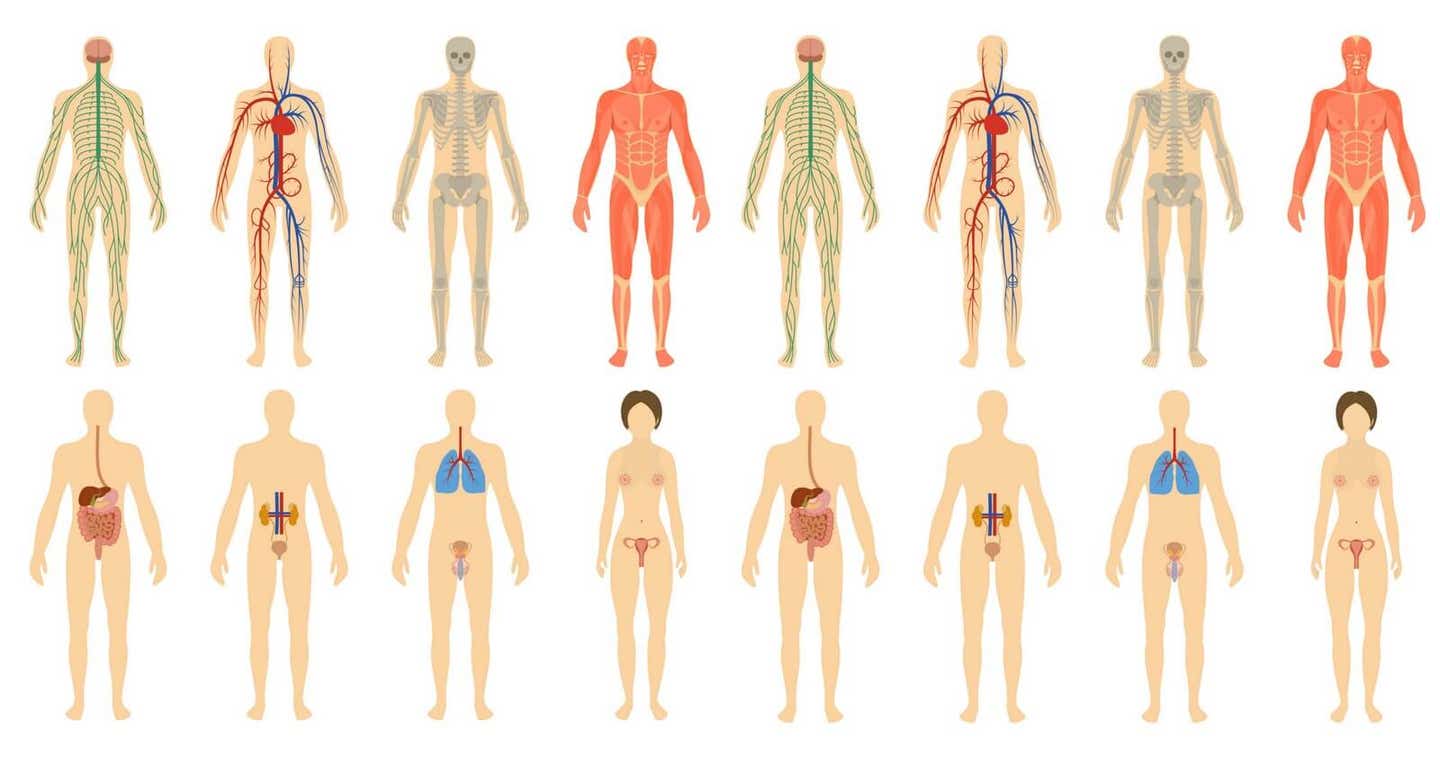A plant-based diet may benefit individuals who experience rheumatoid arthritis (RA), according to a review of clinical trials and observational studies published in Frontiers in Nutrition in September 2019 by the Physicians Committee for Responsible Medicine (PCRM) and the George Washington University School of Medicine and Health Sciences.
A chronic inflammatory autoimmune disease that causes painful swelling and erosion of the joints, rheumatoid arthritis affects about 1 percent of the world's population. Unlike osteoarthritis, which results from wear and tear, RA occurs when a person's immune system attacks healthy joint tissues. Additionally, flare-ups are often accompanied by full-body symptoms, including fatigue, anemia, fever, and loss of appetite.
While genetic factors account for an estimated 50–60 percent of individuals' risk for RA, the research presented in the new review suggests that lifestyle factors, including diet, play an important role.
The review authors pointed to evidence that a plant-based diet may be effective in reducing pain and other rheumatoid arthritis symptoms in part because of its impact on gut health. Researchers have speculated that there is a connection between intestinal inflammation and joint inflammation. In a 2015 study, participants randomly assigned to a two-month plant-based diet exhibited lower levels of inflammation than those whose diet included higher levels of fat and animal products. And a single-blind dietary intervention study found that after about a month on a low-fat vegan diet, people with moderate-to-severe RA experienced significant reduction in morning stiffness, pain, and joint tenderness and inflammation.
Further research included in the review indicates that diets high in fat and processed meats can result in increased systemic inflammation as measured by circulating C-reactive protein (CRP). Meanwhile, the vegetable and high fiber content of a plant-based diet may actually reduce CRP levels.
Review authors also noted evidence that a higher BMI puts people at greater risk of developing rheumatoid arthritis and, for those who already have RA, decreases the likelihood of remission (periods in which the swelling and pain fade or disappear between flare-ups). They also cite a 2018 analysis of medical records that revealed patients who lost more than 11 pounds were three times more likely to experience symptom improvements than those who lost less weight, and point to research that diets rich in vegetables, fruits, and fiber are associated with lower BMI.
“The main take-home here is that it’s such a common misconception that diet doesn’t matter for RA,” says review co-author Lee Crosby, RD, LD, a staff dietitian with PCRM. “A low-fat, plant-based diet is anti-inflammatory. It helps with weight loss and eliminates many of those common trigger foods [such as processed meats and dairy]. ... All of that can provide relief to patients.”
Ready to get started? Check out our Plant-Based Primer to learn more about adopting a whole-food, plant-based diet.
Related News
Save 40% This WeekOn Forks Meal Planner

Forks Meal Planner takes the hard work out of making nutritious meals the whole family will enjoy.
SAVE $200 ON OUR ULTIMATE COURSE

Join our best-selling course at a new lower price!




